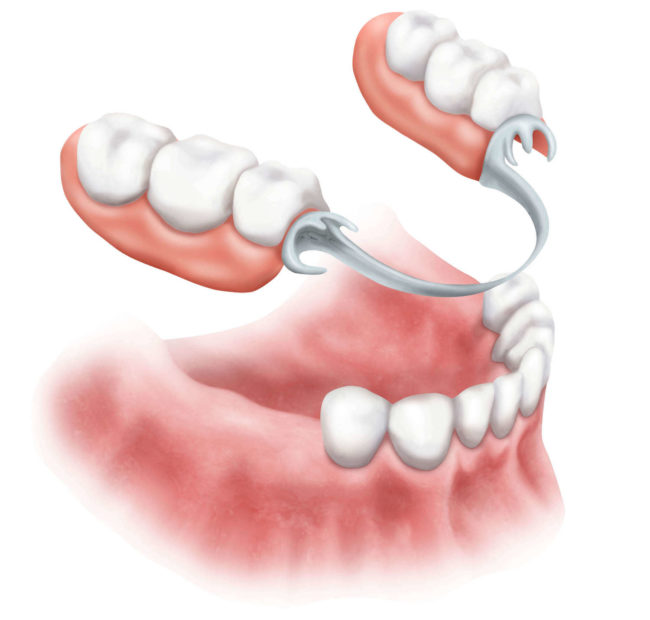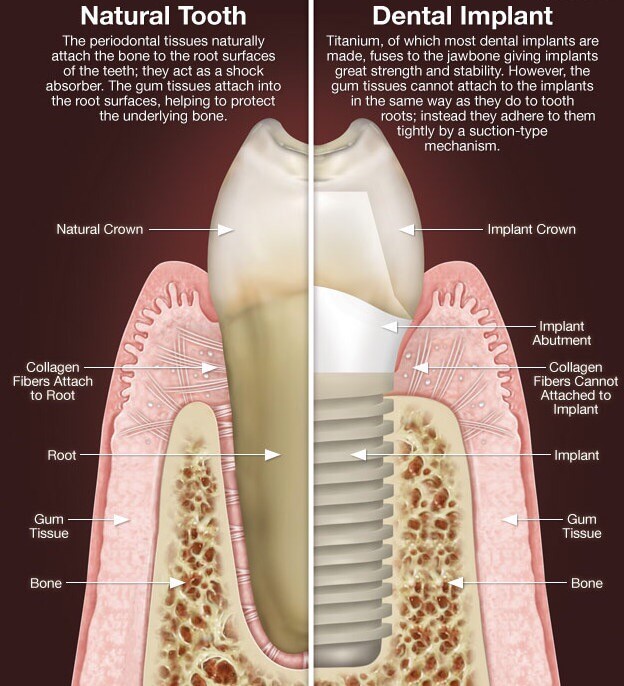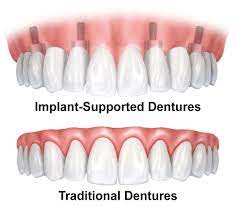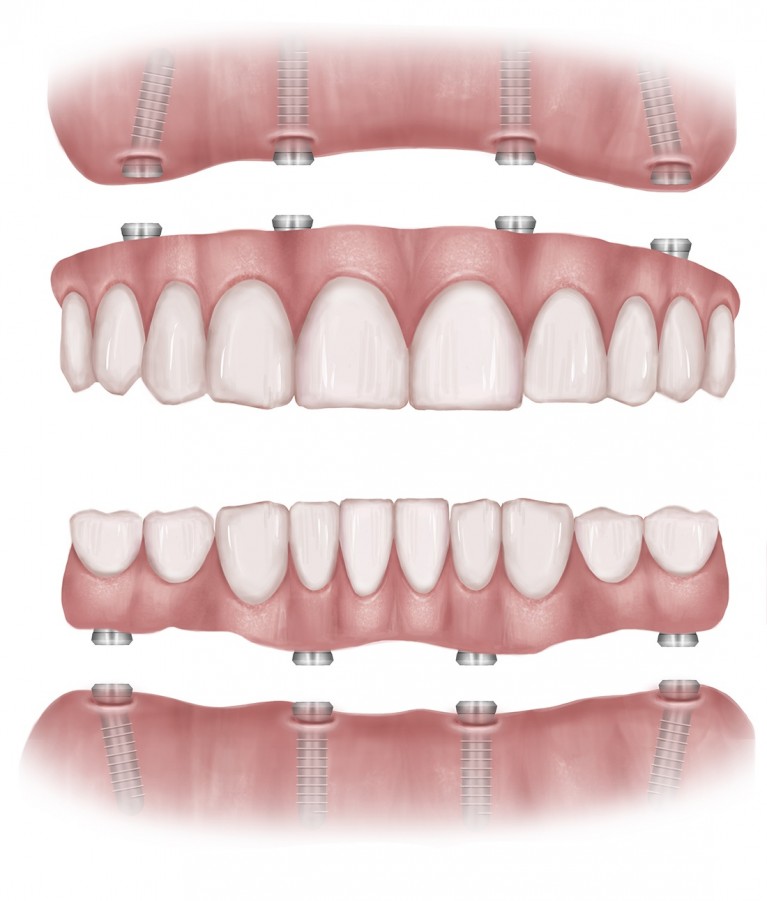Cosmetic dental procedures such as veneers can be life changing, but there are many reasons why to not get teeth veneers. Teeth veneers are thin shells of porcelain or composite material that are attached to the front surface of your teeth to improve their appearance. They are often used to fix gaps, chips, or discoloration in the teeth and to give a more uniform and attractive smile.
While veneers can be an effective cosmetic treatment, there are several reasons why you may want to consider not getting them. Teeth veneers are very expensive, and cause permanent damage to your teeth. And dental veneer procedures are unpleasant and sometimes painful and scary. Some people have regret after getting the veneers for a variety of different reasons. The most common reason for dental veneer regret is the veneers do not feel or look natural.
If you are scared of dental procedures we offer sedation dentistry for cosmetic procedures. Wake-up and it will be all done. While sedation dentistry is not necessary for cosmetic procedures, it can be priceless for your comfort and experience.

High Costs Porcelain Veneers
One of the main reasons why you may want to avoid getting teeth veneers is due to the high cost. The price of veneers can vary depending on the material used, the number of veneers needed, and the location of the dentist. However, on average, veneers can cost anywhere from $925 to $2,500 per tooth. This can add up quickly if you need multiple veneers, and many insurance plans do not cover the cost of cosmetic procedures like veneers.
Irreversible Removal of Healthy Enamel
Getting veneers requires a relatively invasive procedure. First, your dentist will need to remove a thin layer of enamel from the front surface of your teeth to make room for the veneers. This can be uncomfortable and may cause some sensitivity in the teeth. Additionally, if your teeth are not in good shape, your dentist may need to do some additional preparation work, such as filling cavities or smoothing rough edges. There are “prep-less” veneers out there, but if some amount of tooth structure is not removed the veneers will feel thick like a cheap fingernail job.
Dental Veneers have Risks and Potential Complications
Like any procedure, there are potential risks associated with getting teeth veneers. Some common side effects include tooth sensitivity, gum irritation, and allergic reactions to the materials used. In rare cases, veneers may become loose or fall off, requiring additional treatment. Teeth can even die and root canals and crowns need to be done. Additionally, if the veneers are not properly placed, they may cause problems with your bite or lead to more serious dental issues down the road.
Teeth Veneers Do not Last Forever
How long do teeth veneers last anyway? While veneers are designed to be long-lasting, they are not permanent. On average, veneers can last anywhere from 7 to 15 years before they need to be replaced. This means that you will need to go through the process of getting new veneers, which can be costly and time-consuming. Additionally, if you are not careful with your veneers, they may become damaged or worn down sooner than expected, requiring replacement even earlier.
May Not Be the Best Solution
While veneers can be an effective way to improve the appearance of your teeth, they may not be the best solution for everyone. If you have underlying dental issues, such as cavities or gum disease, veneers may not be the most appropriate treatment. In these cases, your dentist may recommend alternative treatments, such as braces or crowns, to address the underlying problem.
Porcelain Veneers Require Better Oral Hygiene
Even with veneers, it is important to maintain good oral hygiene to keep your teeth and gums healthy. This includes brushing and flossing regularly, using mouthwash, and visiting the dentist for regular cleanings. If you are not willing to commit to good oral hygiene practices, veneers may not be a good choice for you.
Porcelain Veneers Feel Thick and Do Not Look Natural
While veneers can give you a more uniform and attractive smile, they may not look completely natural. Porcelain veneers are made to match the color of your natural teeth, but they may not look exactly the same. Composite veneers, which are made of a resin material, may look more natural, but they are not as durable as porcelain veneers. Additionally, if the veneers are not properly placed or maintained, they may look
 2918 Spencerville Rd, #124Burtonsville, MD 20866
2918 Spencerville Rd, #124Burtonsville, MD 20866  (301) 421 1118
(301) 421 1118 





0 Comments
No comments yet. Be the first to comment!
Comments are closed.